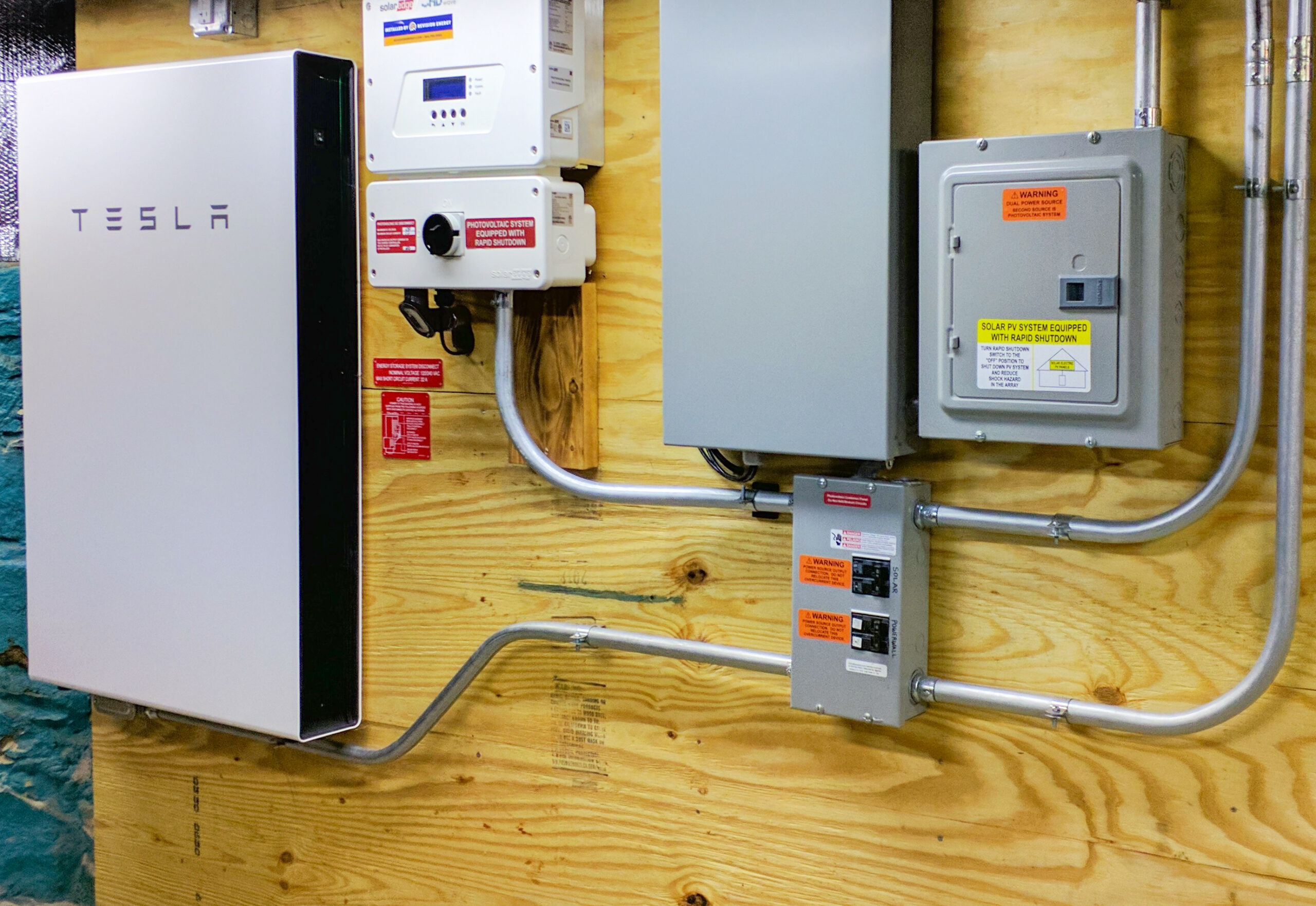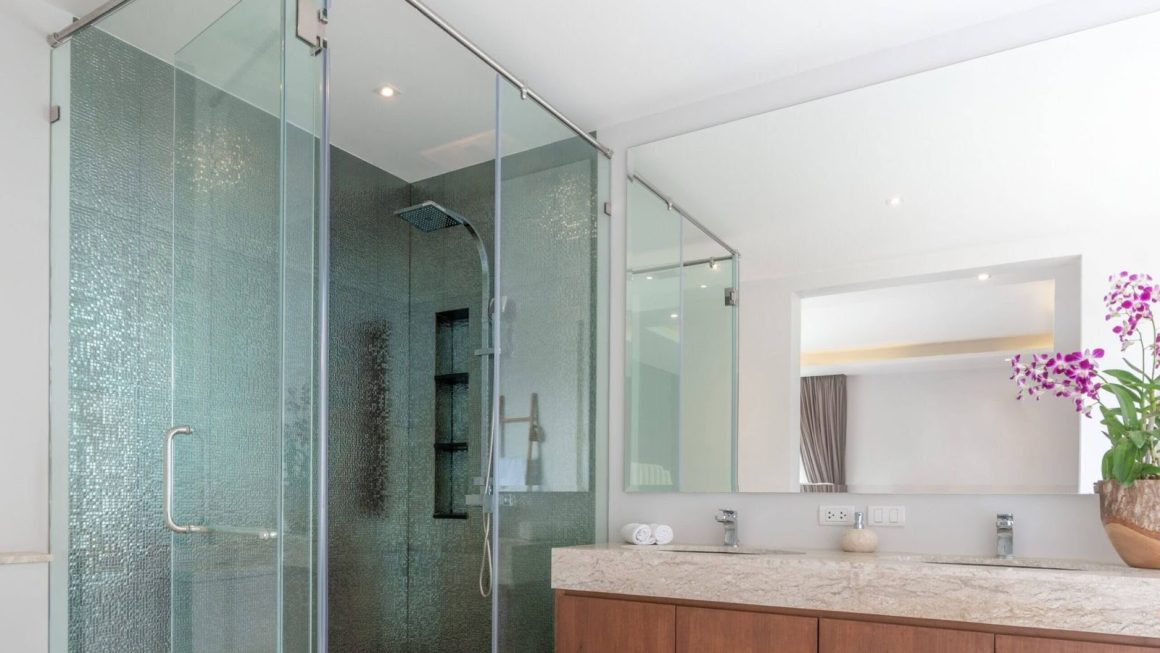Having a home battery backup in New Orleans may make a huge difference in how comfortable and secure you feel during a power outage. A battery backup system is an investment that must be carefully considered before being purchased to make sure you install the right one for your New Orleans home.
How Do Home Battery Backups Work?
The Tesla Powerwall is one example of a home battery backup system that stores energy to be used during a power loss. Power may be drawn from your home solar system or the grid to charge the battery backup. Thus, they are significantly less harmful to the planet than conventional generators that rely on fossil fuels. More importantly, they are cheaper.
Additionally, a battery backup system might help you save money on your energy costs if you have a time-of-use utility plan. Powering your house in NOLA with a battery backup might save you money on electricity costs during peak consumption times. The cost of your power bill drops significantly (but only during non-peak hours) when you utilize it.
3 Things to Consider to Choose the Right Home Battery Backup
1. Lifespan and Warranties
A battery backup system may lose its ability to store a charge after a few years of operation. For the same reason that regular batteries degrade with time, so do battery backups.
A battery backup’s guarantee, therefore, will often specify the percentage of capacity the battery will retain at the conclusion of the warranty term. The benchmark in the industry is 10 years and 70%, which means that after 10 years, the battery should still function at 70% of its original capacity.
Some of today’s most widely used backup batteries, such as the Tesla Powerwall, come with this guarantee.
2. Know The Different Types of Battery Backups
- Lithium-ion batteries
Most residential energy storage systems use lithium-ion batteries. The Tesla Powerwall and the Generac PWRcell are just two of the many lithium-ion battery backup systems on the market today. They’re great for domestic use because of their portability and low power consumption.
- Lead-acid batteries
Lead-acid batteries are the most common form of automotive battery and have been in use for hundreds of years. However, they are not as efficient as lithium-ion batteries, hence they are best used in low-power applications.
- Flow batteries
Although they have been used in certain consumer products, flow batteries (also called redox flow batteries) are more often found in industrial and transportation applications than in residential ones. Although it is still in its infancy, this technology shows promise and may soon be extensively adopted for use in household battery backup systems.
3. Consider the Cost
Manufacturers, solar firms, and battery shops in NOLA are just some of the places you may get battery backups. The cost ranges from $10,000 to $20,000 for a typical system, however, this is highly variable depending on the kind and quantity of batteries you want. However, you could be eligible for a refund or tax credit if you purchase a battery backup in conjunction with a solar panel installation.
Choose your battery or batteries with care, and have a technician install them so you don’t hurt yourself or get electrocuted. The cost of installation is often several thousand dollars on top of the price of the battery itself.
A battery backup system requires little upkeep after its first installation. In contrast to a generator, there will be no need for frequent fuel replacement or other maintenance checks.
How Can You Prevent Problems with Your Home Battery Backup in NOLA?
1. Batteries may be damaged if they are not charged
Never let batteries go for long periods of time without being charged. Don’t forget to keep the power on so the batteries can keep charging. However, batteries may be damaged if they are left uncharged for an extended period of time.
2. Balance the batteries
When you equalize, you intentionally overcharge your batteries. Overcharging may seem awful, but it may really help your batteries out a lot. Because regular cycling might cause uneven charging of your batteries over time. As a result, sulfation might accumulate on the plates because certain cells are unable to acquire full charge on a consistent basis.
3. Make sure your battery is charged correctly
While battery desulfators are touted as a solution to a common problem, there is currently no way to confirm their claims that they extend battery life. Your choice to utilize a battery desulfator should be based on whether or not you feel it is worth the additional cost.
Related Resources: Five Reasons Home Solar and Batteries are an Excellent Choice for California Residence
Ready to Install a Home Backup Battery System in NOLA?
When deciding on a battery backup system, there are several factors to consider. Costs, battery kinds, installation logistics, and possible long-term return on investment are just some of the numerous considerations to think about.
In the event of a power outage, having a reliable backup battery may determine whether you spend the night in the dark or are the envy of your neighbors with your running wifi and coffee machine. Make sure you also choose a reliable NOLA backup battery installer to do the job right.
More On the Same Topic: Gadgets You Must Have if You’re a Smart Home Enthusiast!



